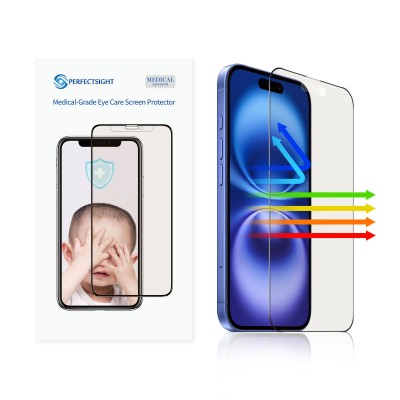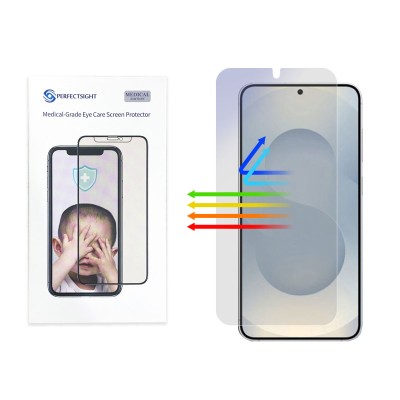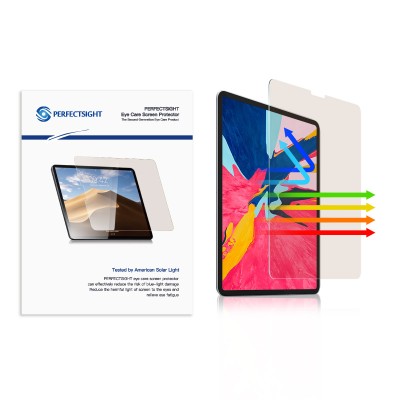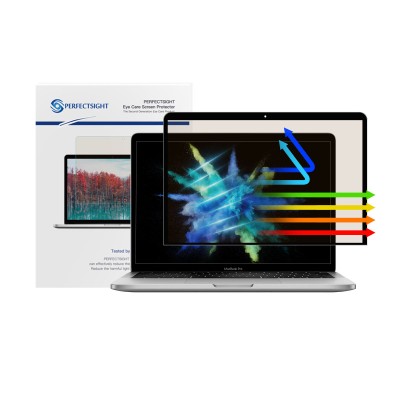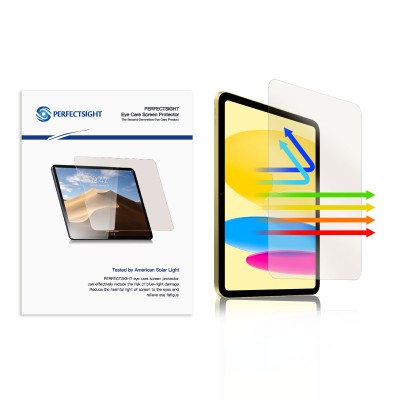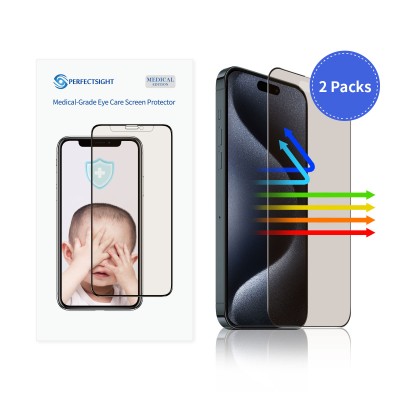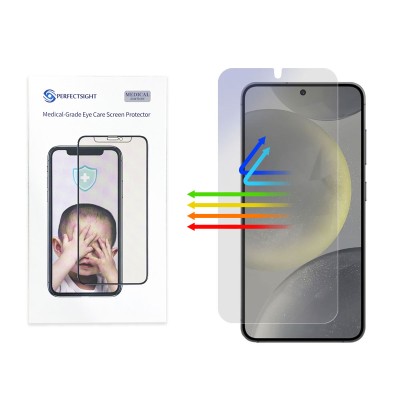What is a blue light filter?
What is a blue light filter?
The concept of blue light filtering refers to using various technological methods to reduce the blue light emitted by screens, thereby minimizing its potential negative effects on the eyes and overall health. Blue light filters can be implemented on the hardware level, such as screen protectors or specialized glasses, or through software solutions, like night mode settings or filtering applications.
How does the blue light filter work?
A blue light filter works by using a special coating or material that blocks or absorbs blue light. When applied to your device's screen, it reduces the amount of blue light emitted.
For example, PERFECTSIGHT uses its self-developed rare earth coating eye protection coating, which can block at least 55% of the blue light from the screen. The protector also maintains good clarity and transparency while offering durable protection against scratches and impacts. In addition, you can also use the application of specialized software adjustments to the display settings of the device.
Why Is Blue Light a Concern?
In today’s digital age, we spend a significant amount of time staring at screens—iPhones, ipads, computers, and TVs. While these devices offer incredible convenience and connectivity, they also emit a high concentration of blue light. This type of light penetrates deeply into our eyes and has been linked to digital eye strain, discomfort, and even potential long-term eye health concerns. Some studies suggest that extended exposure to blue light could contribute to disrupted sleep patterns by interfering with the production of the sleep hormone, melatonin.
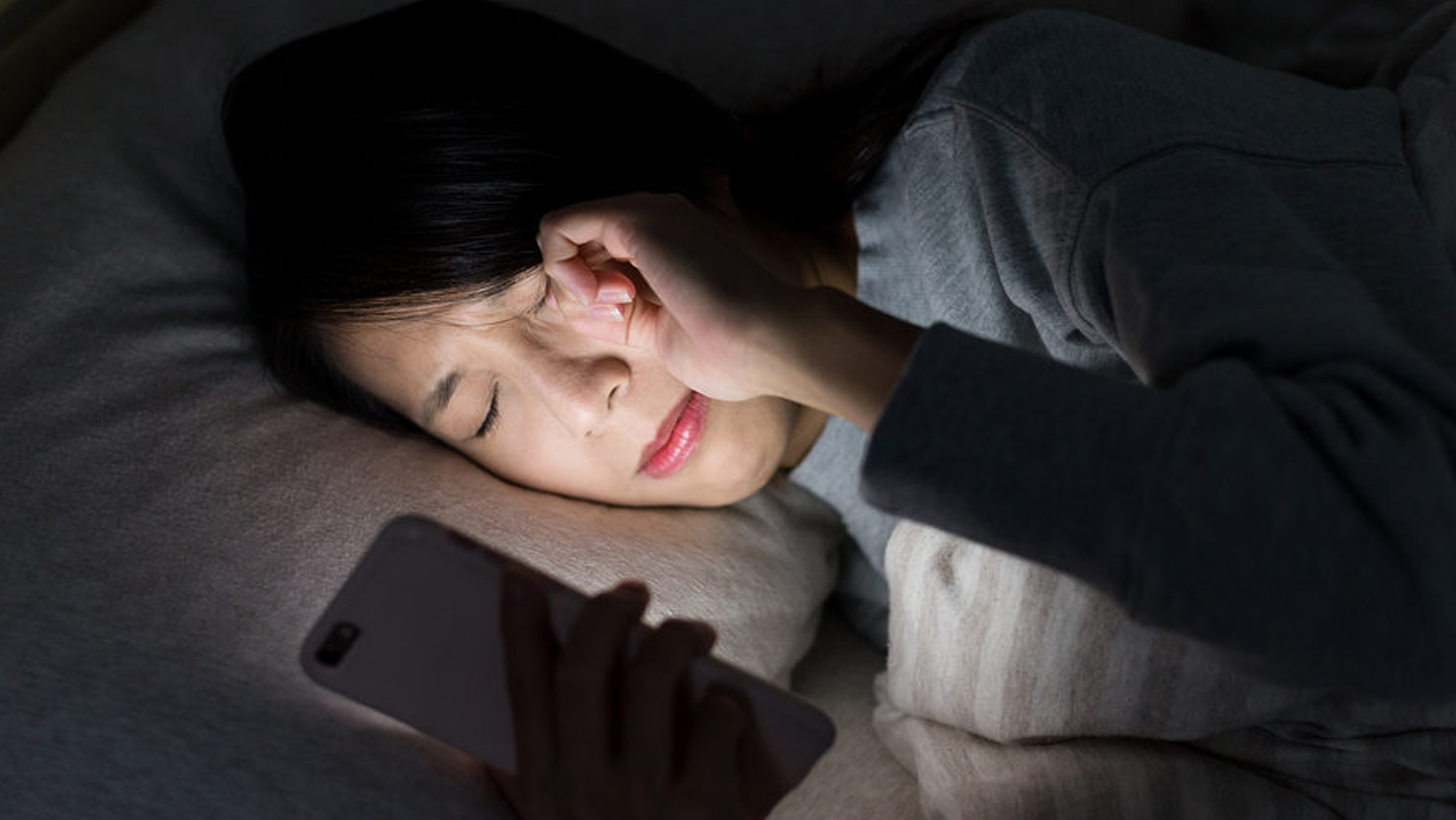
What Are the Benefits of Using a Blue Light Filter?
Using a blue light filter offers a range of benefits, especially if you spend significant time on screens. Some of the key advantages include:
Reduced Eye Strain: Blue light filters help minimize digital eye strain symptoms, such as headaches, dry eyes, and blurred vision.
Better Sleep Quality: By reducing blue light exposure during evening hours, filters can help maintain natural sleep patterns and improve overall sleep quality.
Enhanced Comfort: A blue light filter can make screen viewing more comfortable, especially in low-light environments, preventing glare and reflections.
.jpg)
How to choose a blue light filter?
When selecting a blue light filter, consider the following key factors to ensure optimal eye protection and device compatibility:
Device Compatibility: Ensure the filter is designed for your specific device (e.g., smartphone, tablet, computer) to guarantee a perfect fit and optimal performance.
Transparency and Clarity: Choose a filter that maintains good transparency and clarity, minimizing any negative impact on screen quality. High-quality filters are designed to reduce blue light without significantly altering color accuracy or visual sharpness.
Durability: Select a durable blue light filter, such as tempered glass, which offers superior protection against scratches and impacts, ensuring long-lasting use and consistent performance.
Additional Features: Some filters come with extra benefits like anti-glare properties or privacy protection, enhancing your overall experience and providing multiple solutions in one product.
